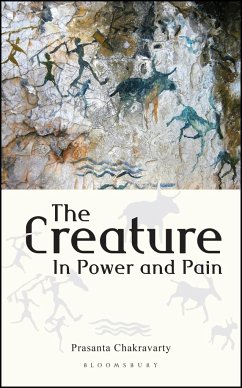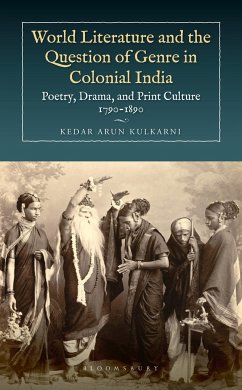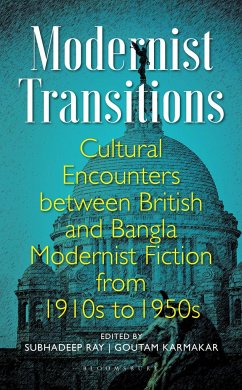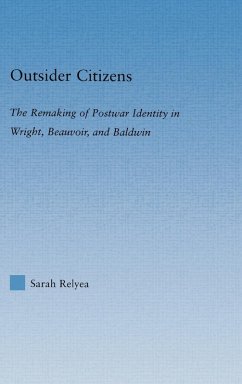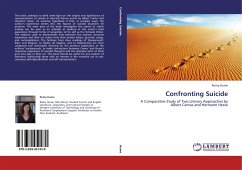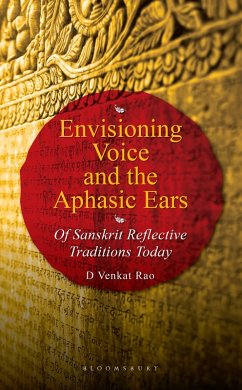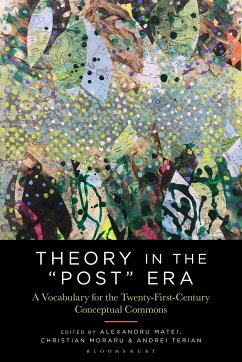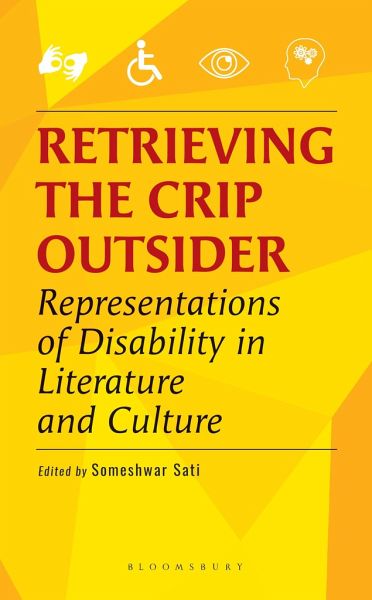
Retrieving the Crip Outsider
Representations of Disability in Literature and Culture
Herausgeber: Sati, Someshwar
Versandkostenfrei!
Versandfertig in über 4 Wochen
113,99 €
inkl. MwSt.

PAYBACK Punkte
57 °P sammeln!
Why are abnormal figures at the heart of literary canon and what do they tell us about the society that writes and circulates these stories? This book studies the constitution of disability and discusses concepts of corporeal difference that are socio-historically rooted in the Indian cultural milieu. The volume aims at looking at the central issue of the various aspects of disability representation, the impact of these representations on the materially embodied experience of disablement, the political imperatives shaping the narratives of corporeal difference, and the influences of highly par...
Why are abnormal figures at the heart of literary canon and what do they tell us about the society that writes and circulates these stories? This book studies the constitution of disability and discusses concepts of corporeal difference that are socio-historically rooted in the Indian cultural milieu. The volume aims at looking at the central issue of the various aspects of disability representation, the impact of these representations on the materially embodied experience of disablement, the political imperatives shaping the narratives of corporeal difference, and the influences of highly particularised local cultural context on the constitution of epistemic and discursive notions of corporeality. The volume follows three routes of inquiry: How do we find 'disability' in texts or, what are 'disability texts'? How do we read concepts historically using literary and cultural texts and what would a similar study of the Indian context reveal? How do we study culturally distinct ways of narrating bodyminds? These questions will be answered through a discussion of representation histories of the abnormal informed by histories of disease conditions and its representations, with the aim of developing ways of thinking and talking about concepts of corporeal difference that are socio-culturally and socio-historically located away from the western context and to explore the intersections between gender, caste, religion, sexuality, class and disability.



